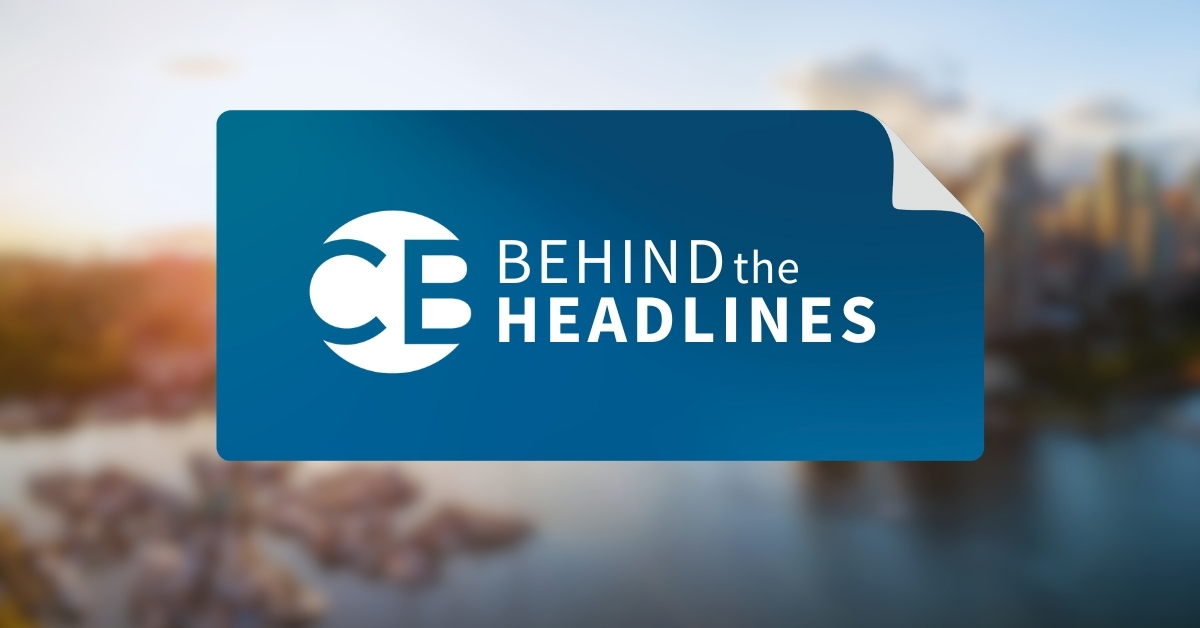
By Ira Srivastava
1. New European carbon removal certification system to be introduced. Legislation that formalizes “a certification framework for the quantification, monitoring and verification of carbon removals” has been agreed to by European Union lawmakers. This will set a standard to ensure that emission removal claims can be verified and prevent greenwashing. It will create distinctions between different types of carbon capture such as permanent removal, temporary storage, and more. According to the EU’s Industrial Carbon Management report, 450 million megatons of CO2 would need to be captured by 2050 to reach net-zero by midcentury. Legislators hope that this will increase uptake and investment in carbon capture technologies.
2. California fast tracks electric vehicle infrastructure. California has been an environmental trailblazer in the United States when it comes to disclosure requirements, emissions regulations, and more. The Clean Transportation Program will receive US$1.9 billion in new funding to create “the most extensive charging and hydrogen refuelling network in the country” for zero-emission vehicles. There are also targets in place to ensure that underserved communities receive their fair share of funding as well. This will increase the number of chargers in the state by nearly 50%, from about 94,000 to 136,000. The money will also be used to open hydrogen fueling stations, fund electric vehicle incentive programs, open new electric vehicle manufacturing plants, and train employees to work in clean transportation.
3. More institutions backing out of Climate Action 100+. JP Morgan Asset Management and State Street Global Advisors have both announced they will be leaving the Climate Action 100+ coalition, and BlackRock has reduced its participation. The Climate Action 100+ is an initiative by investors with the goal of pushing heavy emitters to take meaningful climate action. These companies have shared different reasons for backing out of the coalition. JP Morgan shared that they now had their own internal engagement strategies with heavy emitters and no longer felt it was necessary to renew its membership. State Street and BlackRock both announced that the new requirements for membership announced in 2022 go against their own internal engagement strategies. In the light of growing ESG backlash and antitrust accusations, these huge institutions leaving the coalition puts the Climate Action 100+ on unsteady ground.
4. Climate change denial on the rise in the United States. Troubling research published in Nature Magazine estimates that between 12-26% of Americans do not believe in climate change. Researchers analyzed data from X (formerly Twitter) with artificial intelligence to track climate change denial on the platform and search for geographical climate denial trends. Communities in the south and central United States saw the highest rates of climate denial, along with areas that relied heavily on oil and gas economically, rural areas, and regions that have less trust in science overall. Misinformation has been growing in the online space for years, but it has become significantly worse. The World Economic Forum’s Global Risks Report 2024 named misinformation and disinformation as the greatest short-term risks we are currently facing. Climate change denial is only one consequence of this wave of misinformation.
5. Tyson Foods vote against child labour audit. Last year, the federal government began an investigation of Tyson Foods and Perdue Farms for violations of child labour laws. At Tyson’s most recent shareholder meeting, investors voted against a proposal that would require an audit into the company’s human rights strategy. Human rights violations are not a thing of the past, as Nadira Narine of the Interfaith Center on Corporate Responsibility believes “child labour is alive and well in the US”. Companies must be proactive and dedicate the time and effort to ensure that human rights violations are not occurring anywhere in their operations or supply chain. Increased transparency and scrutiny is the only way to do so rather than avoiding accountability and sweeping it under the rug.
Ira Srivastava is Competent Boards’ Program Coordinator. Follow Competent Boards on LinkedIn.